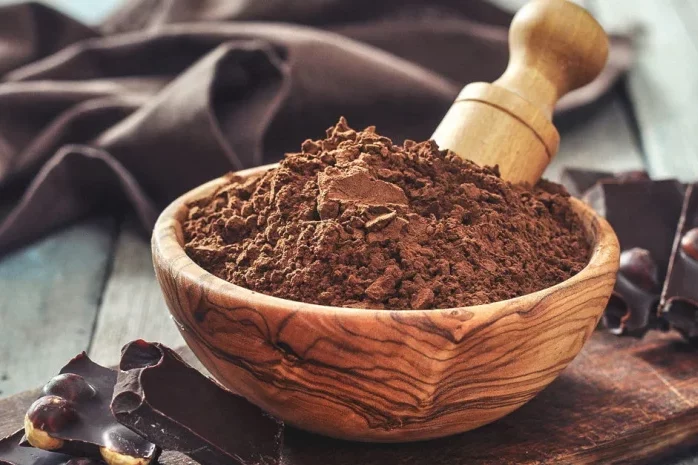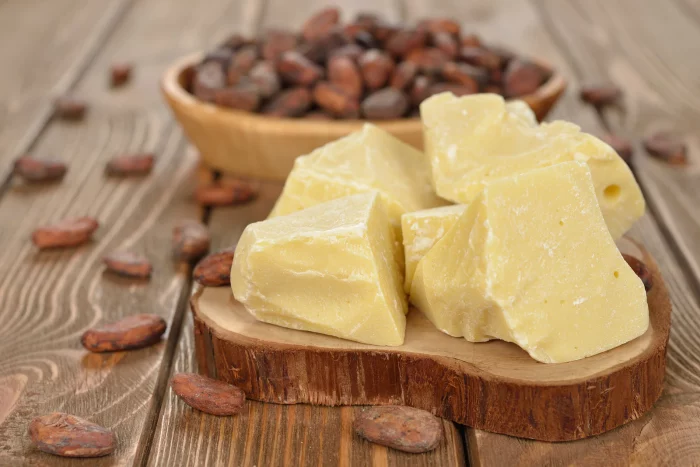In the realm of baking and confectionery, cocoa powder reigns supreme as a staple ingredient cherished for its rich chocolate flavor and versatility. However, there are occasions when you may find yourself without this essential ingredient, whether due to dietary restrictions, pantry shortages, or personal preference. Fear not, for there are several suitable replacements for cocoa powder that can salvage your recipe and deliver satisfactory results.
In this guide, we’ll embark on a journey to explore various alternatives to cocoa powder, highlighting their unique characteristics and offering practical tips for substitution in your culinary endeavors.
Exploring Cocoa Powder Alternatives
While cocoa powder may seem irreplaceable, several viable substitutes can step in to fulfill its role in recipes. Let’s delve into each alternative and discover how it can elevate your baking experience:
1. Carob Powder:
Derived from the pods of the carob tree, carob powder offers a naturally sweet and caffeine-free alternative to cocoa powder. With its mild, earthy flavor and similar appearance to cocoa powder, carob powder can seamlessly substitute for cocoa in recipes.
It’s particularly well-suited for individuals seeking a chocolatey flavor without the stimulating effects of caffeine. When using carob powder, keep in mind its inherent sweetness and adjust the sugar content in your recipe accordingly.
2. Cacao Powder:
Often mistaken for cocoa powder, cacao powder is crafted from raw cacao beans that are cold-pressed to preserve their nutrients. The result is a rich, intense chocolate flavor with a boost of antioxidants and minerals.
While cacao powder shares similarities with cocoa powder, it offers a distinct taste profile that leans towards deeper, more pronounced chocolate notes. When substituting cacao powder for cocoa, be prepared for a slightly different flavor profile due to its raw and unprocessed nature.
3. Melted Chocolate:
When cocoa powder is unavailable, melted chocolate can swoop in as a worthy replacement, adding both flavor and richness to your recipes. Whether you prefer dark, milk, or white chocolate, simply melt your favorite variety and incorporate it into your recipe as you would cocoa powder.
Melted chocolate infuses baked goods with a luscious texture and depth of flavor that’s hard to replicate. Keep in mind that melted chocolate will introduce moisture to your recipe, so adjust the proportions of other ingredients accordingly.
4. Instant Coffee or Espresso Powder:
For recipes that rely on cocoa powder to enhance depth of flavor, instant coffee or espresso powder can step in as a flavorful substitute. The robust, roasted notes of coffee complement the chocolatey undertones of baked goods, adding complexity and depth to your creations.
Use instant coffee or espresso powder sparingly, as their concentrated flavor can easily overpower other ingredients. Experiment with small batches to achieve the perfect balance of coffee and chocolate flavors.
Practical Tips for Substitution
When substituting cocoa powder with alternative ingredients, consider the following tips to ensure successful results:
1. Adjust Sweetness:
Depending on the sweetness level of the substitute ingredient, you may need to tweak the amount of sugar in your recipe to achieve the desired taste balance.
2. Consider Flavor Profile:
Take into account the flavor profile of the substitute ingredient and how it will complement other flavors in your recipe. Experiment with small batches to gauge the impact on the overall taste.
3. Texture and Consistency:
Be mindful of the texture and consistency of the substitute ingredient and how it may affect the final outcome of your recipe. Make adjustments as needed to maintain the desired texture and mouthfeel.
Conclusion
In conclusion, while cocoa powder holds a special place in the hearts of bakers and chocolate enthusiasts, there are several viable alternatives that can come to the rescue when it’s unavailable. Whether you opt for carob powder, cacao powder, melted chocolate, or instant coffee, each substitute offers its own unique flavor profile and characteristics that can enhance your culinary creations.
By experimenting with different substitutes and adapting your recipes accordingly, you can overcome any cocoa powder shortage and continue to delight your taste buds with delicious homemade treats. Embrace the versatility of these alternatives and let your creativity soar in the kitchen!
























